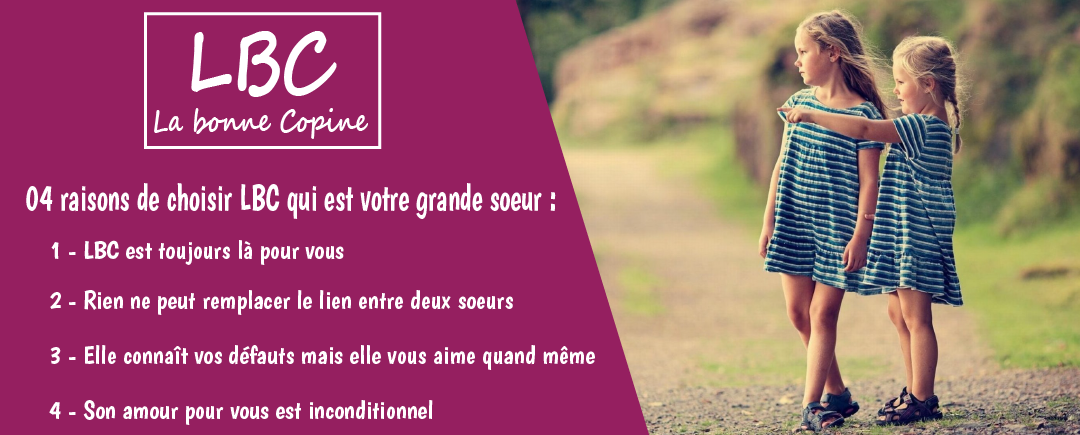Anuptaphobia or the Fear of a Lifetime of Singledom
“Do you find the mere idea of being single again frightening? Are you anxious at the thought of possibly spending your life all alone? Characterized by a deep sense of abandonment, this phobia has psychological, behavioral, and physical effects on a person. To overcome the fear of being single for life, anuptaphobes should consider undergoing psychotherapy.”
Anuptaphobia is known as a syndrome linked to the constant fear of never finding the ideal partner. This phobia manifests through feelings of loneliness and abandonment, and it is characterized by a dependency on either sexual or emotional aspects. Anuptaphobia can affect both single and married individuals.
What is Anuptaphobia exactly?
Anuptaphobia is when a person experiences an irrational fear of being alone without a partner. This attitude often translates into a pathological fear of being abandoned and remaining single for life.
In some cases, the anuptaphobe may be in a relationship. The sole reason for staying with their partner is that they simply do not want to be alone, even if their partner is not a suitable match. If this applies to you, you may feel that it’s better to be in an unsatisfying relationship than to be alone. As a single person, anuptaphobes may spend hours on dating sites in search of their soulmate. This condition is often associated with childhood experiences and tends to affect females more frequently. Moreover, anuptaphobia is known to be linked to sex addiction.
Primary Factors of Anuptaphobia
Anuptaphobia, or excessive fear of solitude, is a behavior that develops from childhood. This phobia is related to separation anxiety caused by the absence of one or both parents, leading to a sense of misunderstanding or rejection in the child. However, this apprehension can be mitigated if the child forms a strong bond with family members or parents.
Generally, anuptaphobia involves individuals who struggle to cope with being alone, and it is often triggered by a lack of emotional support. In some cases, this type of fear can result from a painful separation at a young age or be triggered by a psychological or physical abandonment. Consequently, being alone becomes a source of pain, hence the need for love and the presence of others. It’s worth noting that the main factor driving anuptaphobia is the social pressure mainly imposed on women. Society often associates a single woman with disorientation and sadness.
Manifestation of this Phobia
Physically, anuptaphobia presents itself as a state of addiction. The anuptaphobe continuously seeks companionship, as being alone generates discomfort. In extreme cases of anuptaphobia, thoughts can become very confused, leading to impulsive actions and hasty decisions to avoid being alone.
On a psychological level, this fear of solitude manifests as an irrational dread of being alone. The individual is in constant search of a relationship to feel secure. The fear of being alone is so prominent in anuptaphobes that they believe they will end up single for life, resulting in a perpetual fear of abandonment and subsequent anxieties.
Behavioral, Psychological, and Physical Consequences
The person afflicted with anuptaphobia becomes preoccupied with romantic relationships, constantly seeking understanding and love. For this individual, living alone is unbearable, leading to feelings of being a bad person, unattractive, and worthless, thereby causing continuous guilt and self-devaluation.
It should be mentioned that some anuptaphobes may exhibit addictive sexual behaviors. They believe that the more sexual encounters they have, the more loved they feel and the more they feel love. This often leads them to change partners frequently or engage in infidelity.
What can be done to treat Anuptaphobia?
Psychotherapy is recommended to help the anuptaphobe address the root of their phobia seriously. It involves raising awareness of feelings of guilt and abandonment, focusing on various ways to release the individual from their fears and anxieties.
Apart from psychotherapy, the person with anuptaphobia should learn to live alone. This can start by engaging in solo activities, such as going out alone to social events. Through this therapy, they will gradually learn to love themselves, gain self-confidence, and develop self-esteem.








